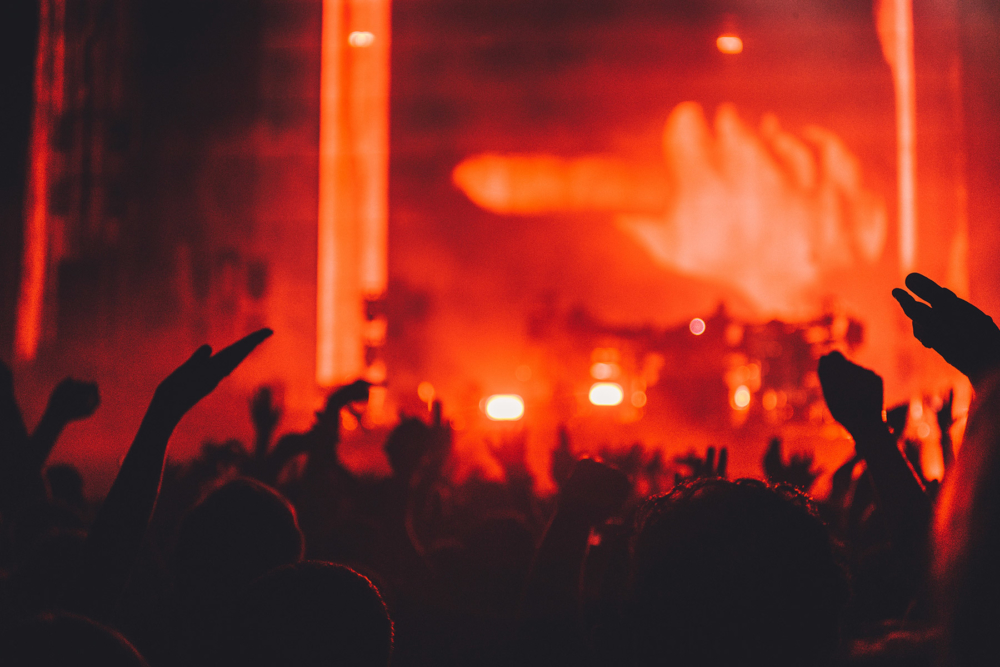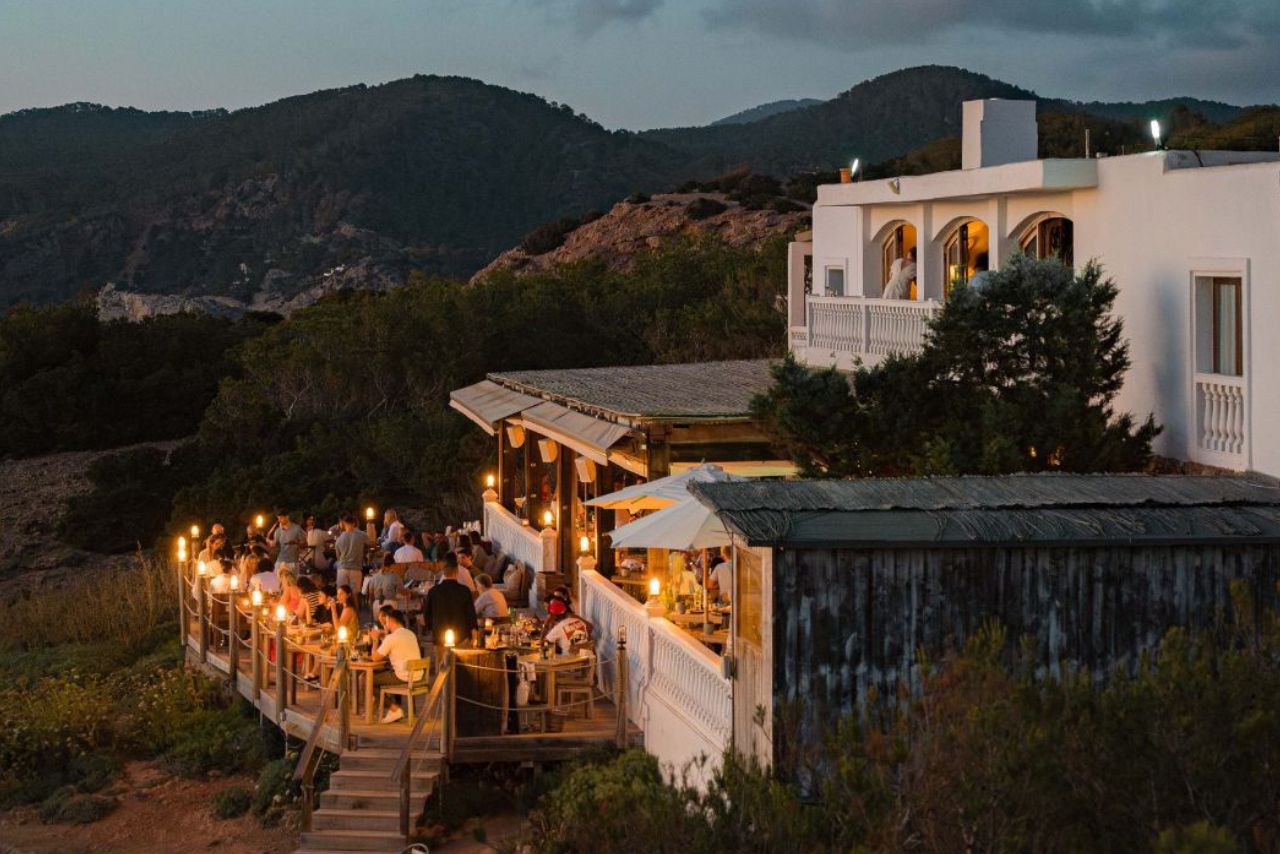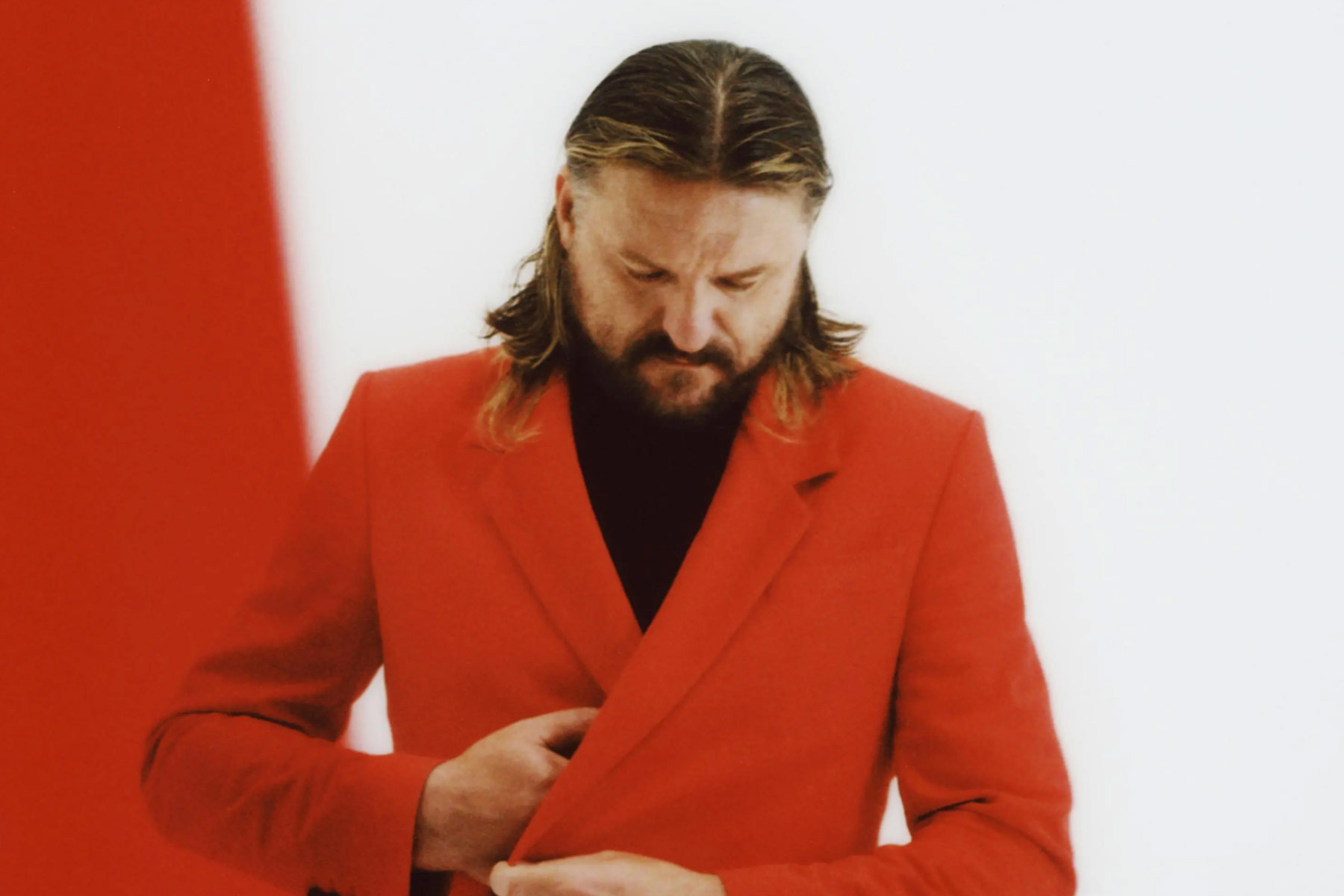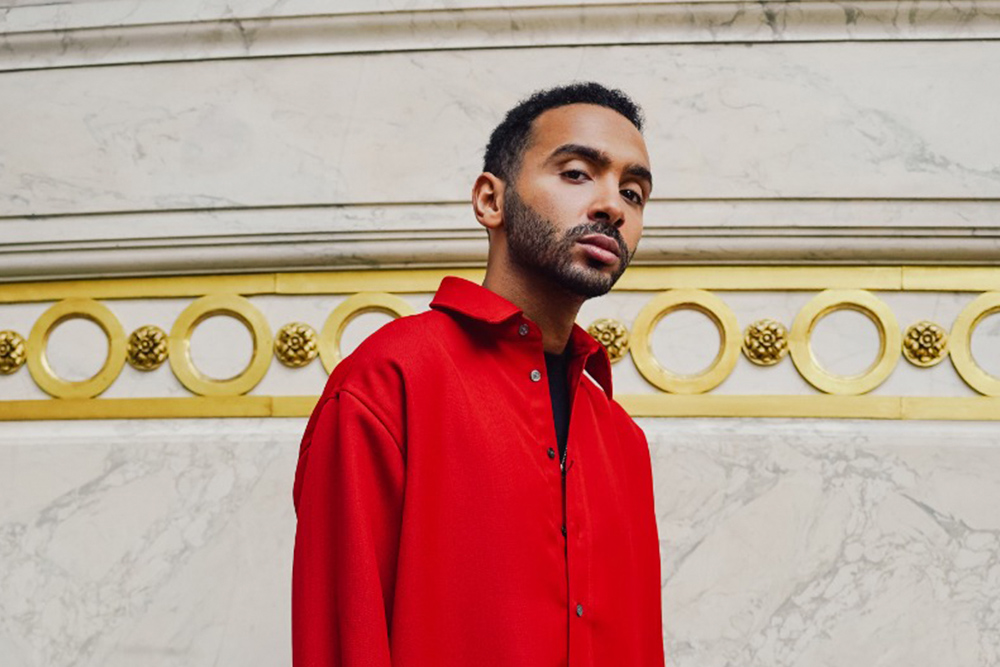Recently I saw the UK label Selador Records post on Instagram ‘Is clubbing still cool?’ posing the question after The Guardian released an article with the headline ‘Clubbing just isn’t Cool’. The main focus was on how people in the UK prefer to stay at home for New Year’s Eve, which I think is pretty standard with the insane prices being charged these days. However it continued to discuss how there is a whole new cohort of younger people who missed out on their introduction to clubbing because of Covid, and now continue to watch parties online throughout the year. Hunger Magazine has branded them “ravers who hate to rave”. I find this really scary. A whole new generation simply watching instead of actually experiencing what this whole scene is about.
Photo Credit: A. L. on Unsplash
House music was built on inclusivity, it’s about bringing people together, regardless of age, gender, religious beliefs, sexual preference, or social status. Clubbing was never about being ‘cool’. It is about being who you really are when you get on the dance floor, about letting the music take you to a place beyond the realms of reality. It is about connecting with people through a shared love of music. Whether you are a surgeon, a waiter, or a bus driver, none of the societal confines matter, all that matters is the music. We all sweat the same, our hearts all beat to the same rhythm, and we all have feelings, it’s what makes us human. The dance floor is where we unite on a basic human level. To lose that would be to lose part of humanity.
So why are so many clubs around the world closing? It’s reported that a staggering 125 venues across the UK were forced to close due to increasing living costs. In Amsterdam clubs are also closing. In recent years we saw De Marktantine, Club NL, and now, De School, closing for its final time this past weekend. As costs of living increase fewer people can afford to go out on a regular basis and as cities continue to gentrify, we are left with fewer places to reunite on the dance floor. The other main issue is that there are very few places that are opened with the specific purpose of being a nightclub. Nowadays you have more buildings that are owned by people who don’t have a clue about what it takes to run a nightclub. They open up their spaces to independent promoters in the hopes of cashing in, and when that doesn’t happen they either change the concept of the club or get in a new promoter. The result is no consistency, which is needed to get a regular following to a club. It takes years to establish a nightclub and for a promoter to build trust with its guests. Take Robert Johnson in Frankfurt, for example, which opened in 1999. It is one of the few nightclubs keeping true to what a real club should be, it has a compact dance floor with an amazing sound system and you’re always guaranteed to get the finest DJs there every week. Just a year earlier in 1998, DJ/producer Angel Moraes opened up Stereo in Montreal. As a DJ himself, he understood what a club needed, and created a custom-made sound system for the club. To this day the likes of Hernan Cattaneo and John Digweed hail Stereo as the best club in the world. Perhaps we need more DJs to open up clubs instead of money-hungry property owners.
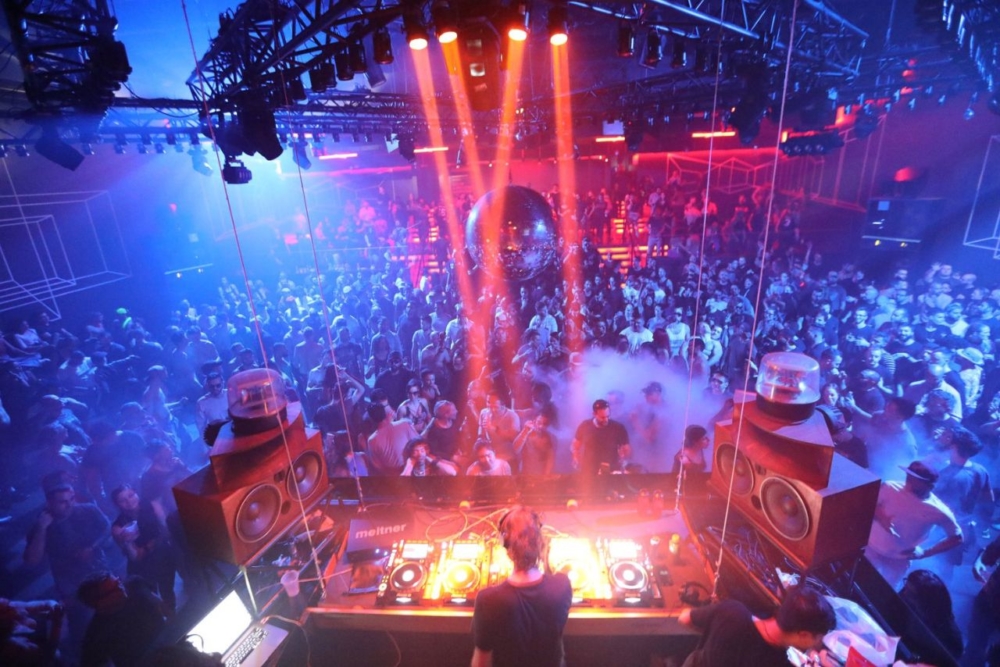
Stereo Montreal
One way to combat this issue is to have a night mayor, such as the one in Amsterdam, which is run by an independent non-profit foundation that is dedicated to a lively, diverse, and inclusive nightlife. The foundation’s main goals are to put nightlife on the agenda in front of politicians and society, to stimulate subculture, and contribute to a diverse, social, and ethnically inclusive night for all the people of Amsterdam to enjoy. This gives hope to the clubbing scene in the city, which continues to be at the forefront of the electronic music scene. House and techno are so embedded in the culture of the Dutch capital that a vast majority of those who live here are dancing every weekend. You will find people of all ages clubbing and raving year round, from the ages of 20 all the way up to 70, and even 80, like techno opa. Although clubs are closing, there are new ones opening, like Club Roots and Levenslang, a repurposed old prison.
While we are lucky in Amsterdam to be spoiled for choice of venues on a weekly basis, with the constant turnover of clubs, I can’t say there is one that has that true club vibe I grew up loving.
Back in the early 00’s I lived in Toronto, where the house music scene was as strong as ever. My favorite club was the System Soundbar. This was the place that I could walk in alone every Friday and I knew I would find my friends on the dance floor. The vibe was truly underground, there were no visuals aside from a few lasers, just an amazing sound system. That was all that we needed. Sadly the club was forced to close, and many more followed suit, like the Guvernment, another example of a city letting its clubbing culture fall to make way for unaffordable housing.
However, those who are passionate will never give up, like those in Berlin who fought to make Berghain a cultural institution. In 2016 they won their case and the legendary club now pays a reduced tax rate which helps it continue to remain open amidst rising prices and inflation.
Clubbing is a big part of culture in many major cities around the world. Clubbing isn’t about showing your wealth in a VIP section, it’s not about the latest trend or getting wasted. It’s about unity. It strips us down to the core of raw emotions and leaves us hungry for more. The euphoria you can feel from the music you love is palpable. Dancing is one of the most therapeutic ways to connect your mind and body, to process traumas and heal us, to make friends and meet new lovers. We need clubs for this. Yes, big warehouses might be able to pack in more people, but you lack the intimacy needed to feel safe and to let yourself go, at least in my opinion. Especially now when most people are busy recording the latest AI-generated visuals on the screen, the feeling of connectedness is lost even more. This is the fear I have for the new generation. With more and more stimuli coming from screens, how can they really connect, do they even know how to?
I am not going to rant about how things were so much better back in the day, as I am still loving the evolution of house and techno, and luckily I live in a city that celebrates music more than others. However, what I will reiterate is that clubbing is not about being cool, it’s about connecting, and I hope that governments around the world will do more to open up spaces for that purpose. Society is broken in so many ways, wars are raging, people are losing their jobs, and many can barely afford to eat, meanwhile the 1% feed their greed with more weapons and gluttony.
When our daily lives can be so stressful, dancing together is key to getting back to our childlike state. We need clubs to break the boundaries of our societies, and to welcome us as equals. I praise the fearless promoters who take on the stress of filling their clubs in such a challenging time, please keep up the fight, your dedication is crucial to keeping our scene alive.
Keep dancing, keep loving, and remember to enjoy the present moment!

